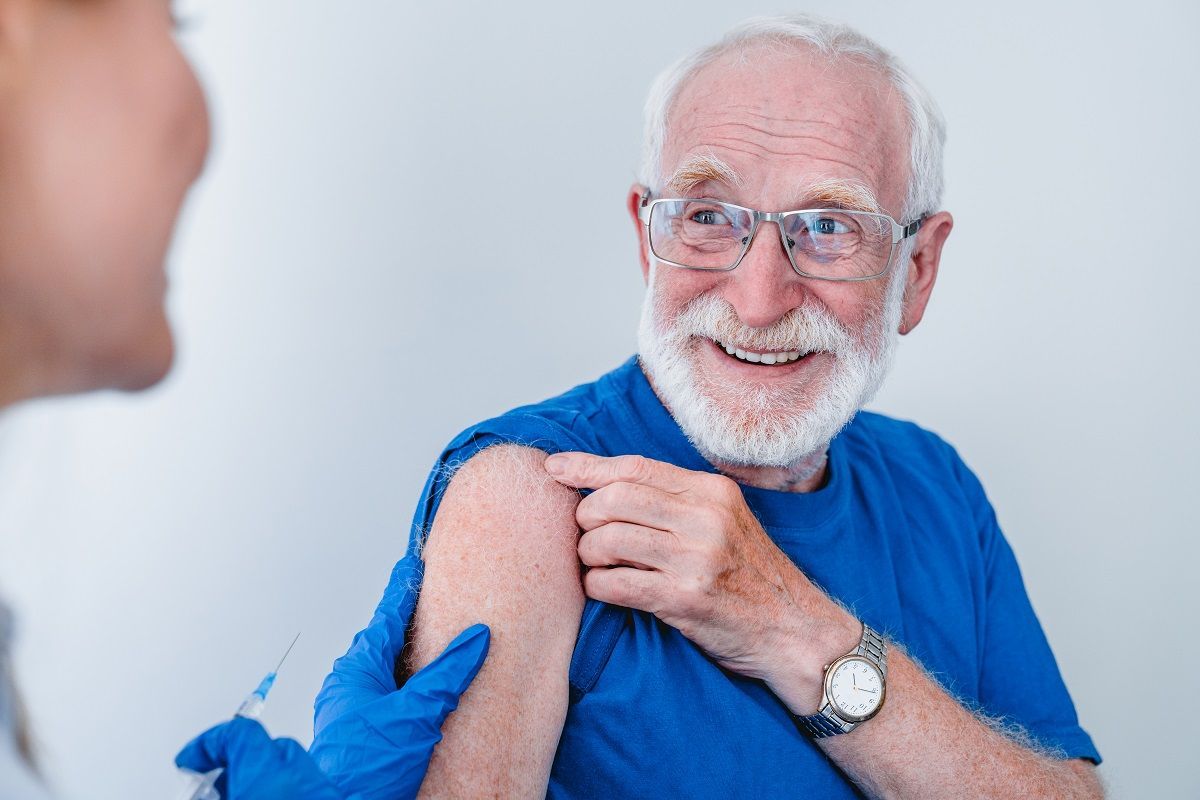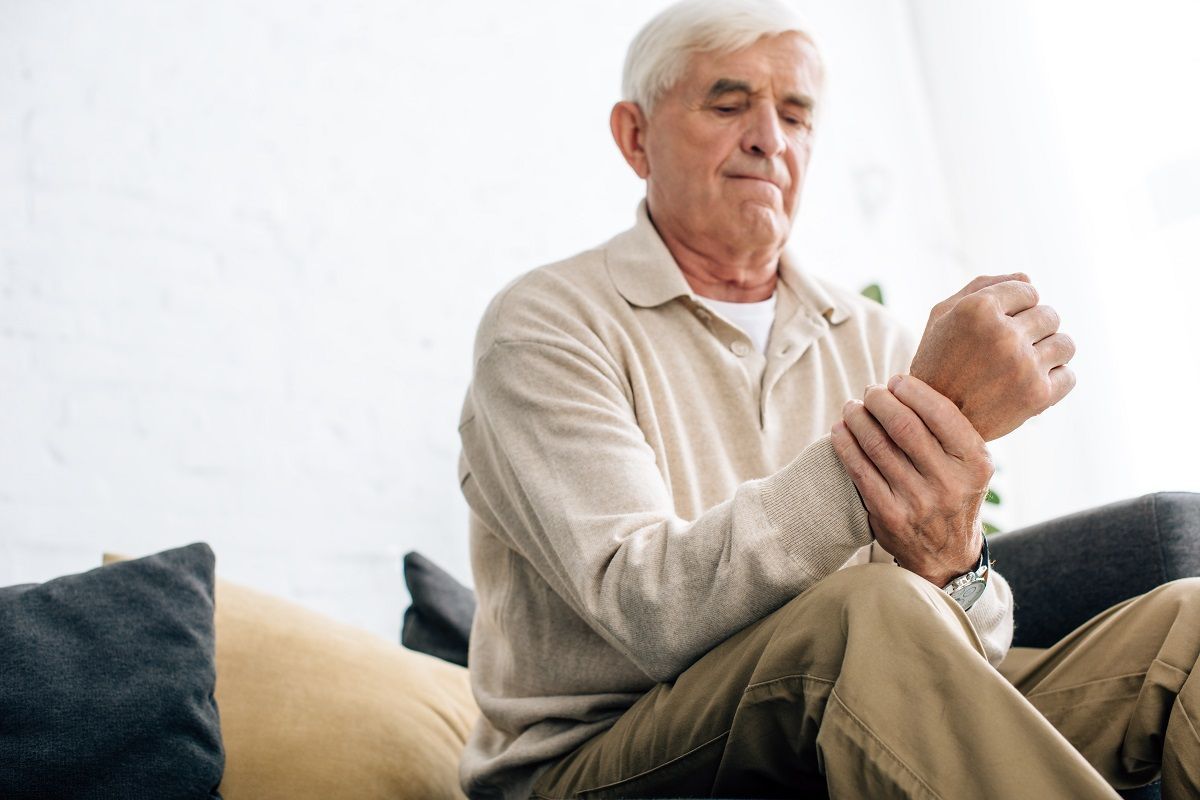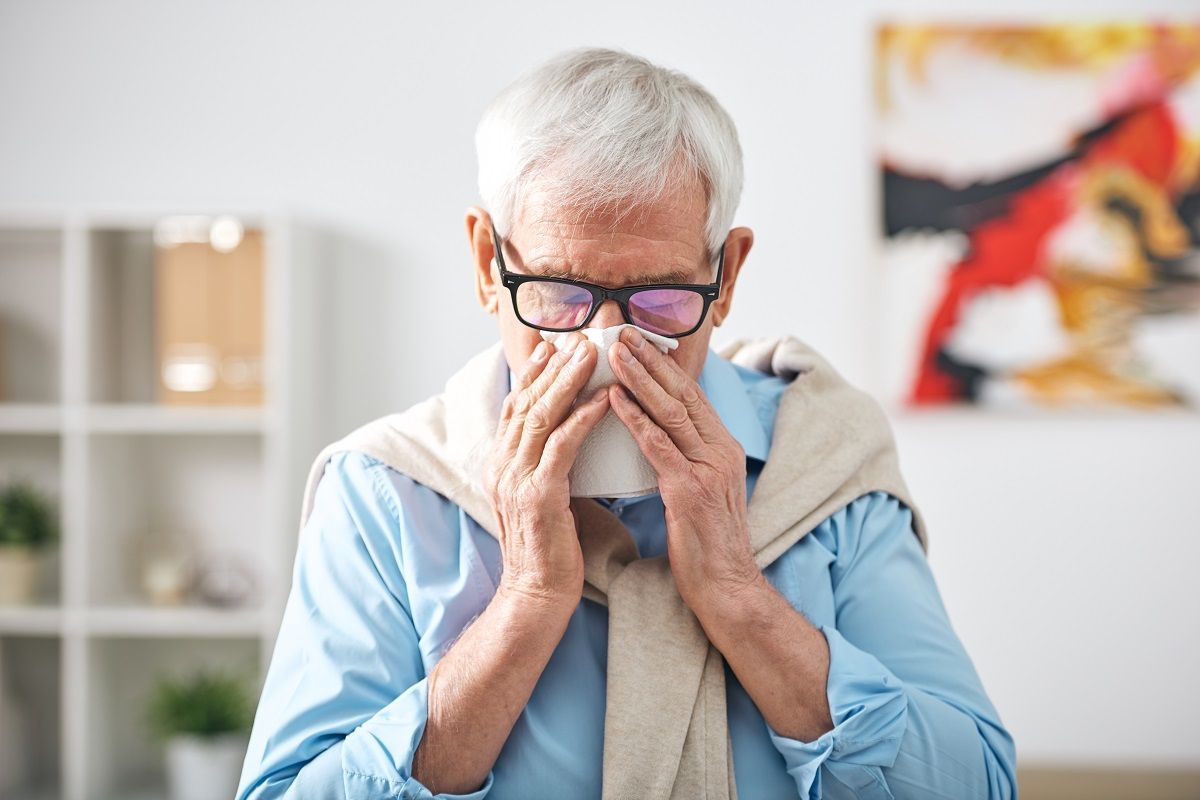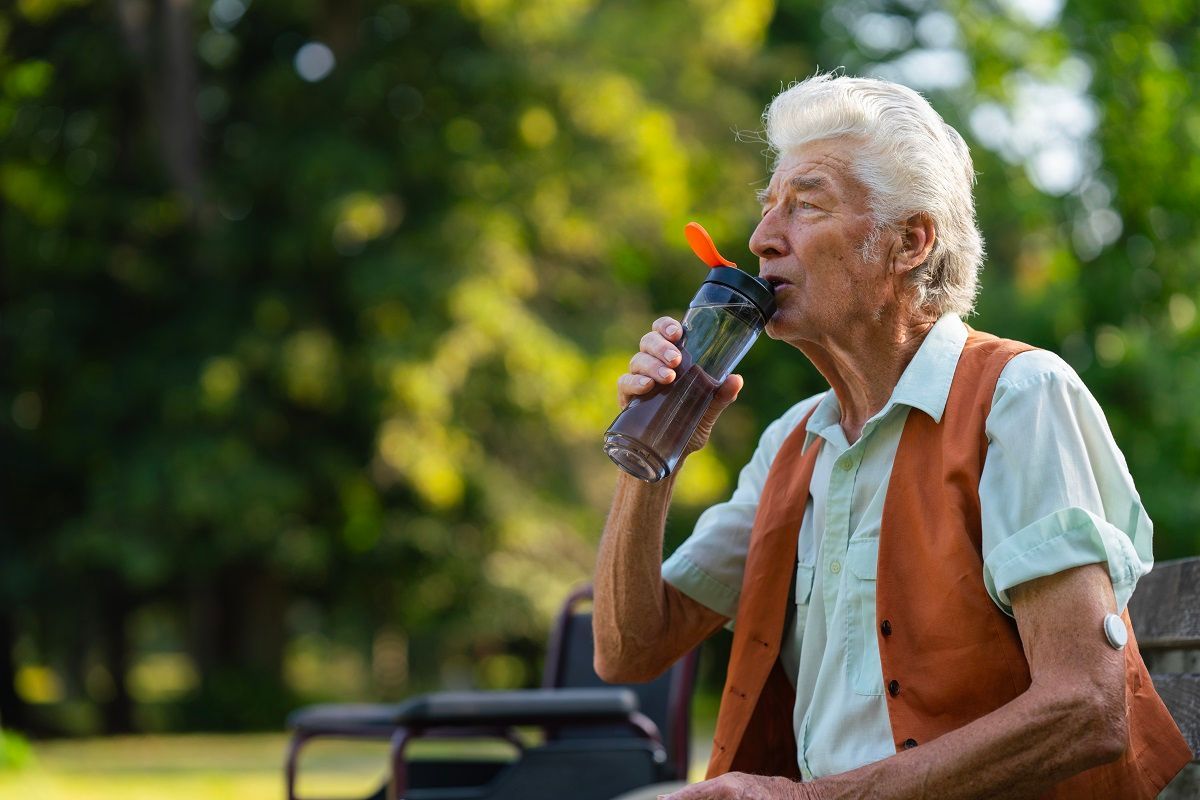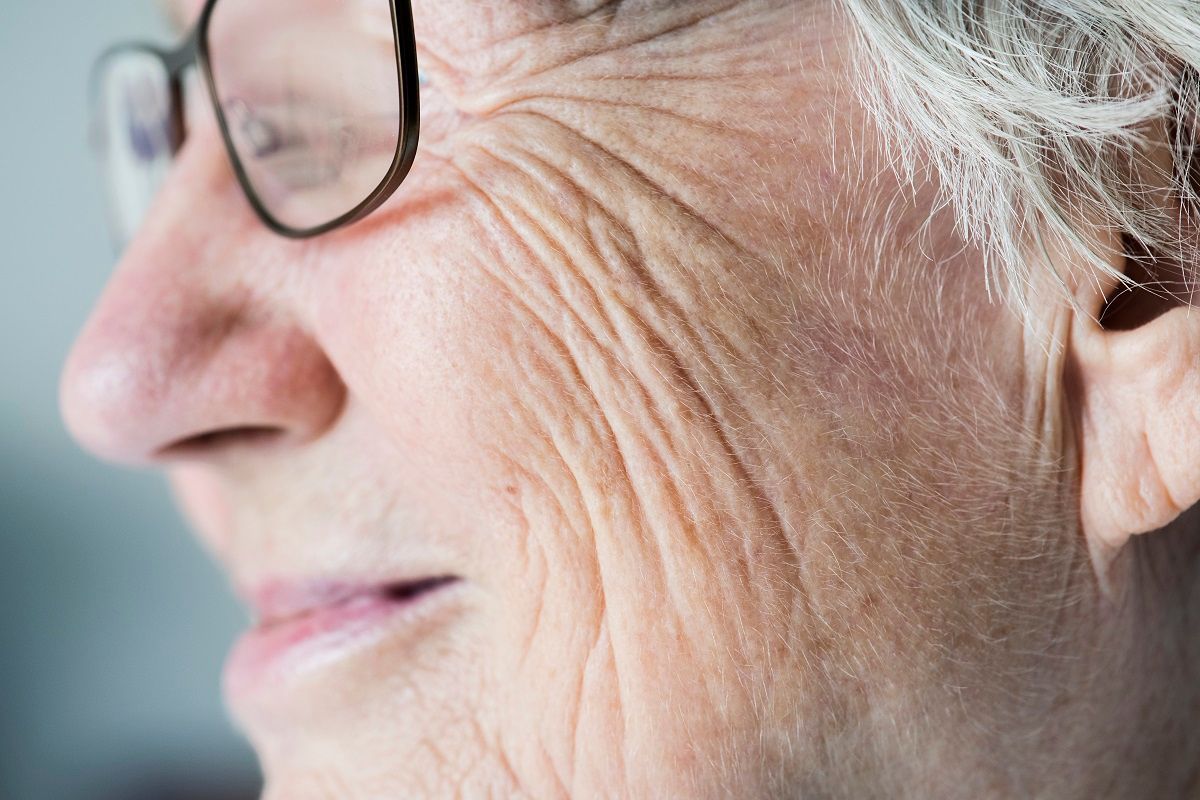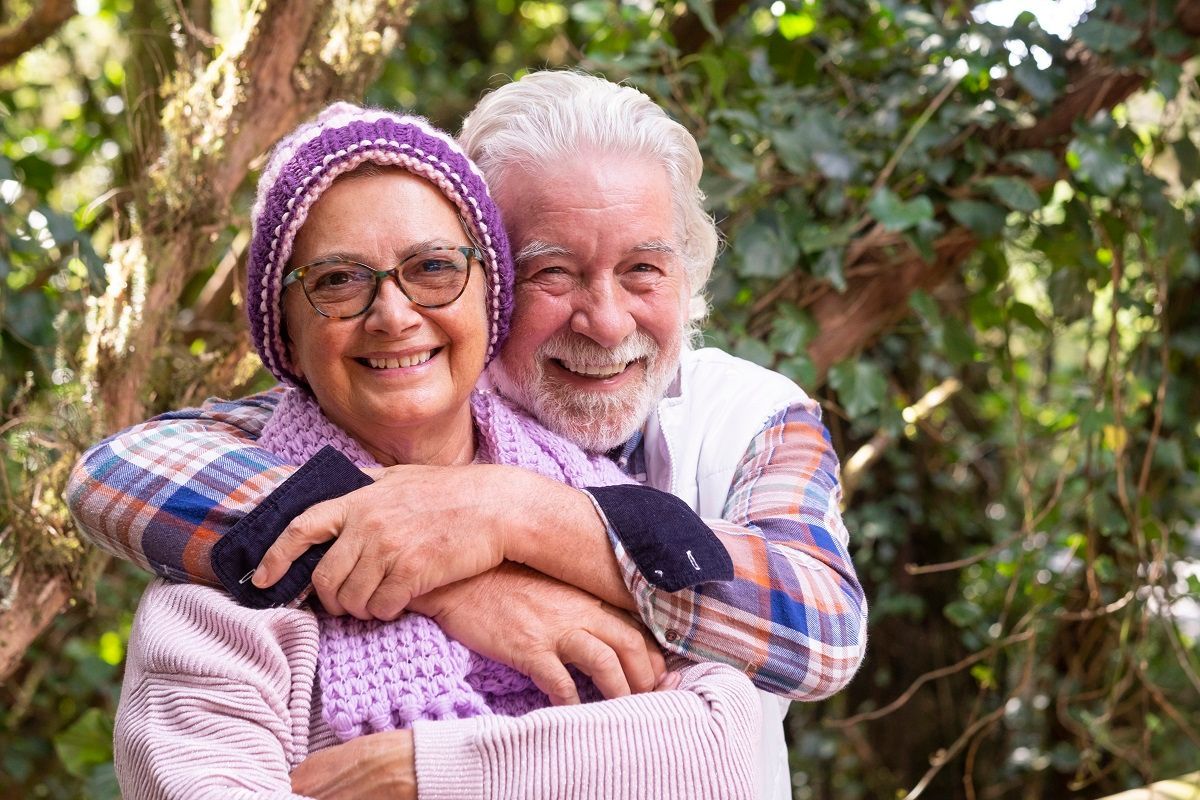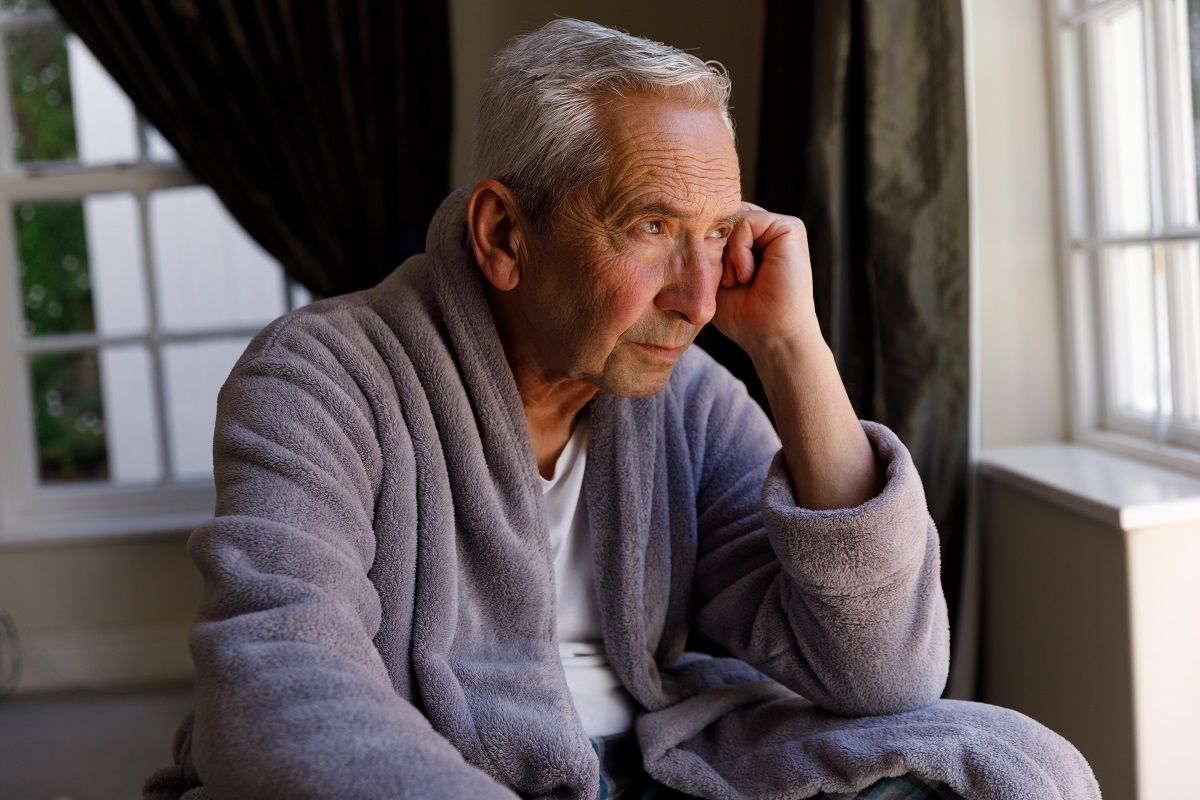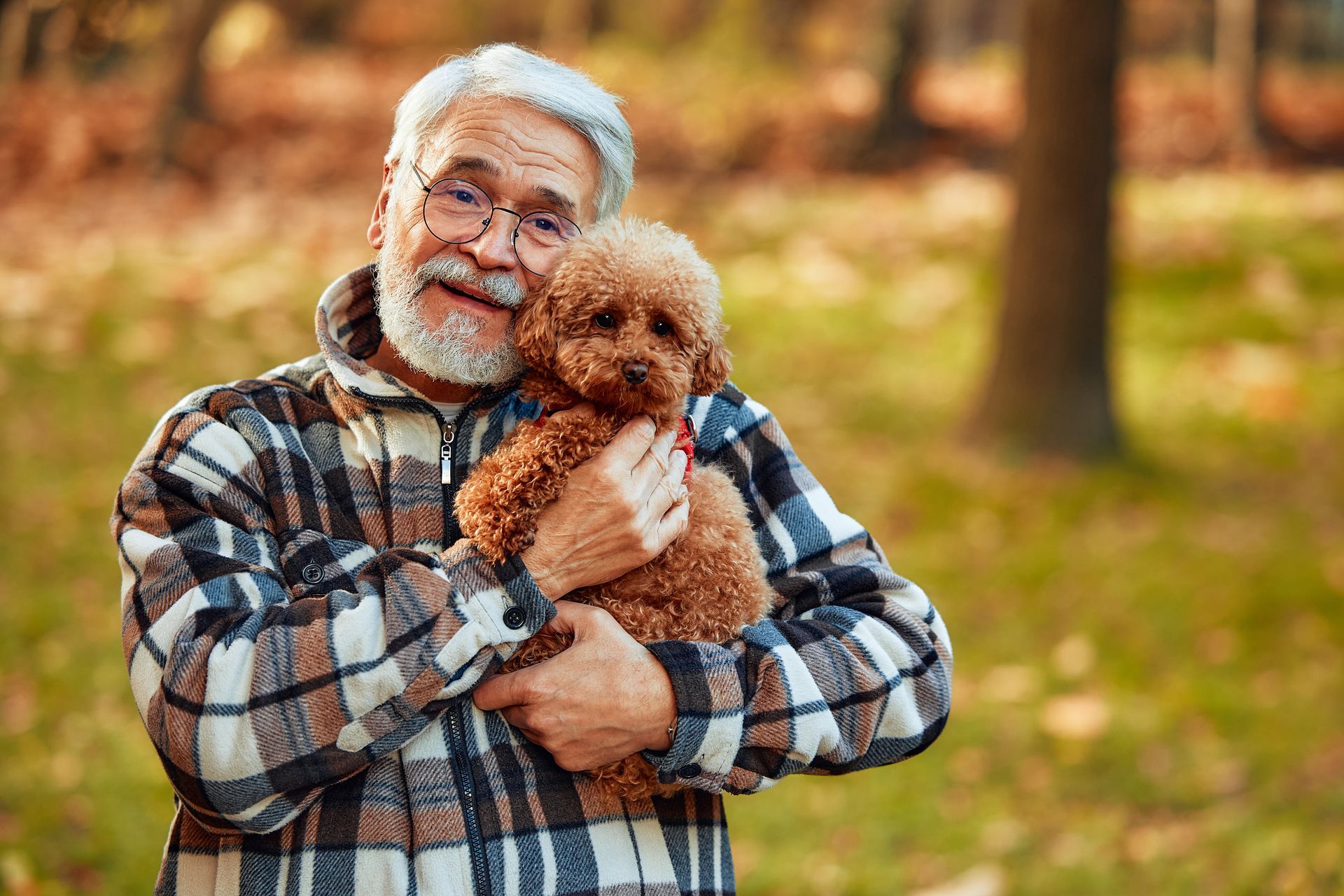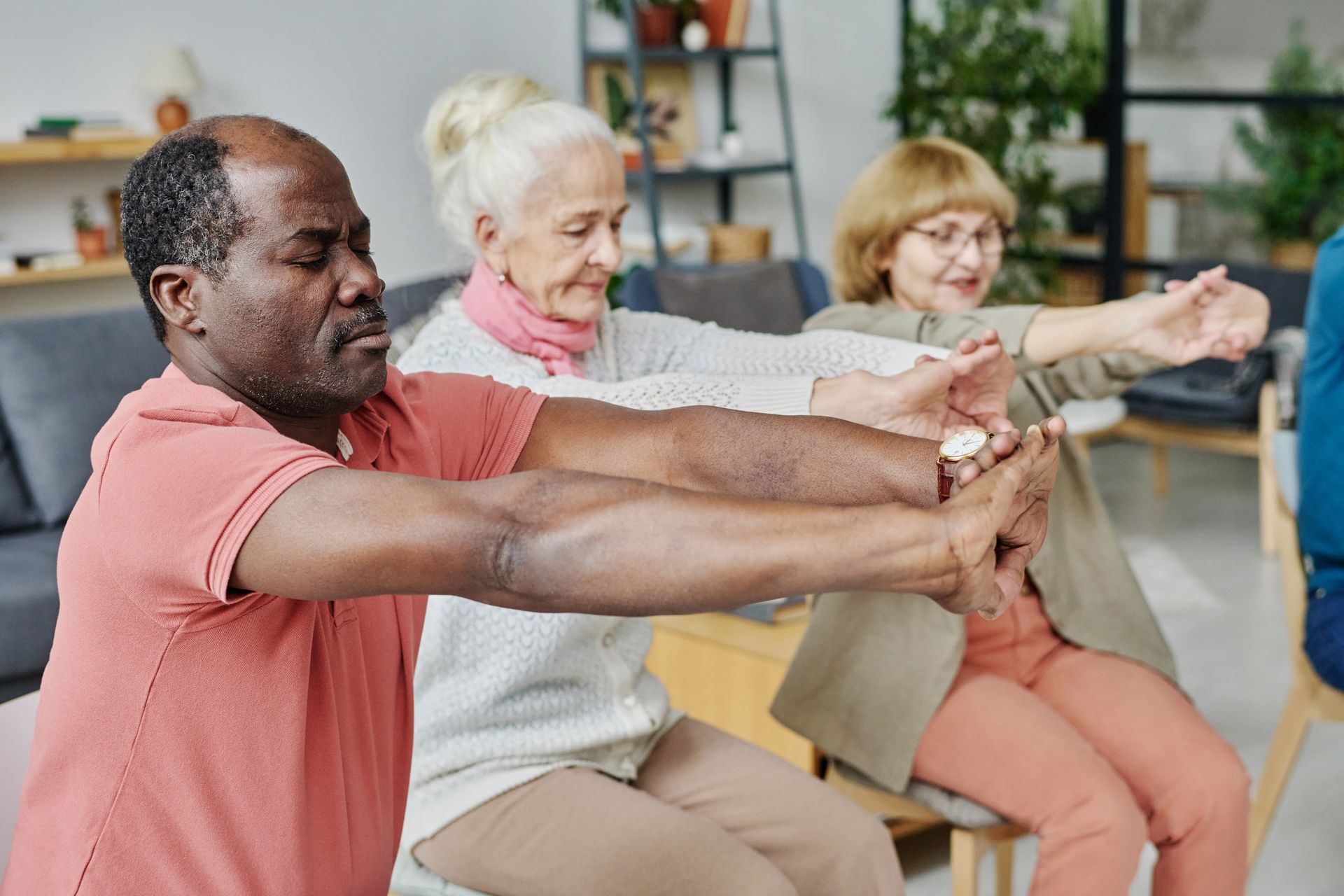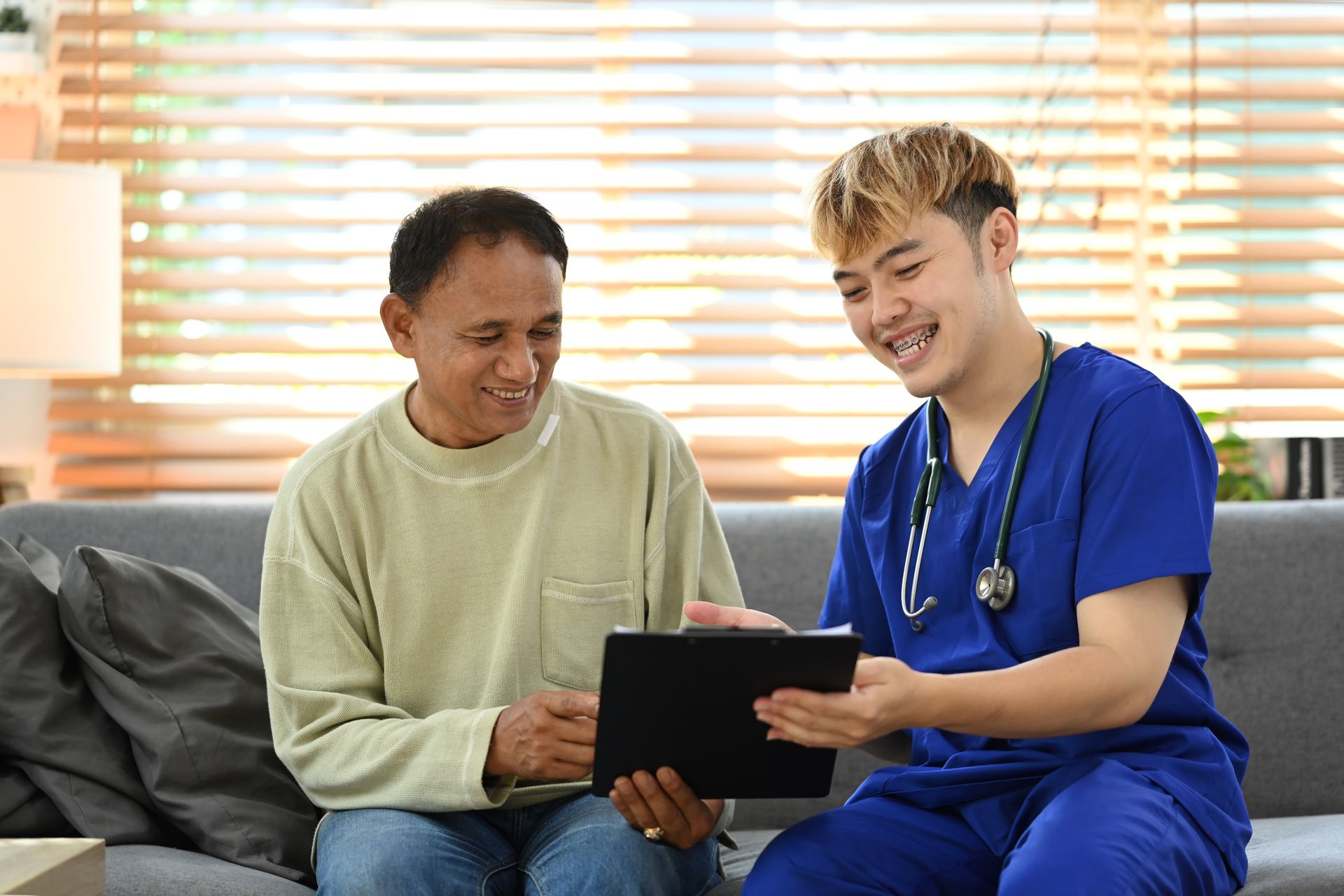Our Location
Elige tu idioma:
Parkinson's Disease and Seniors: Everything You Need To Know
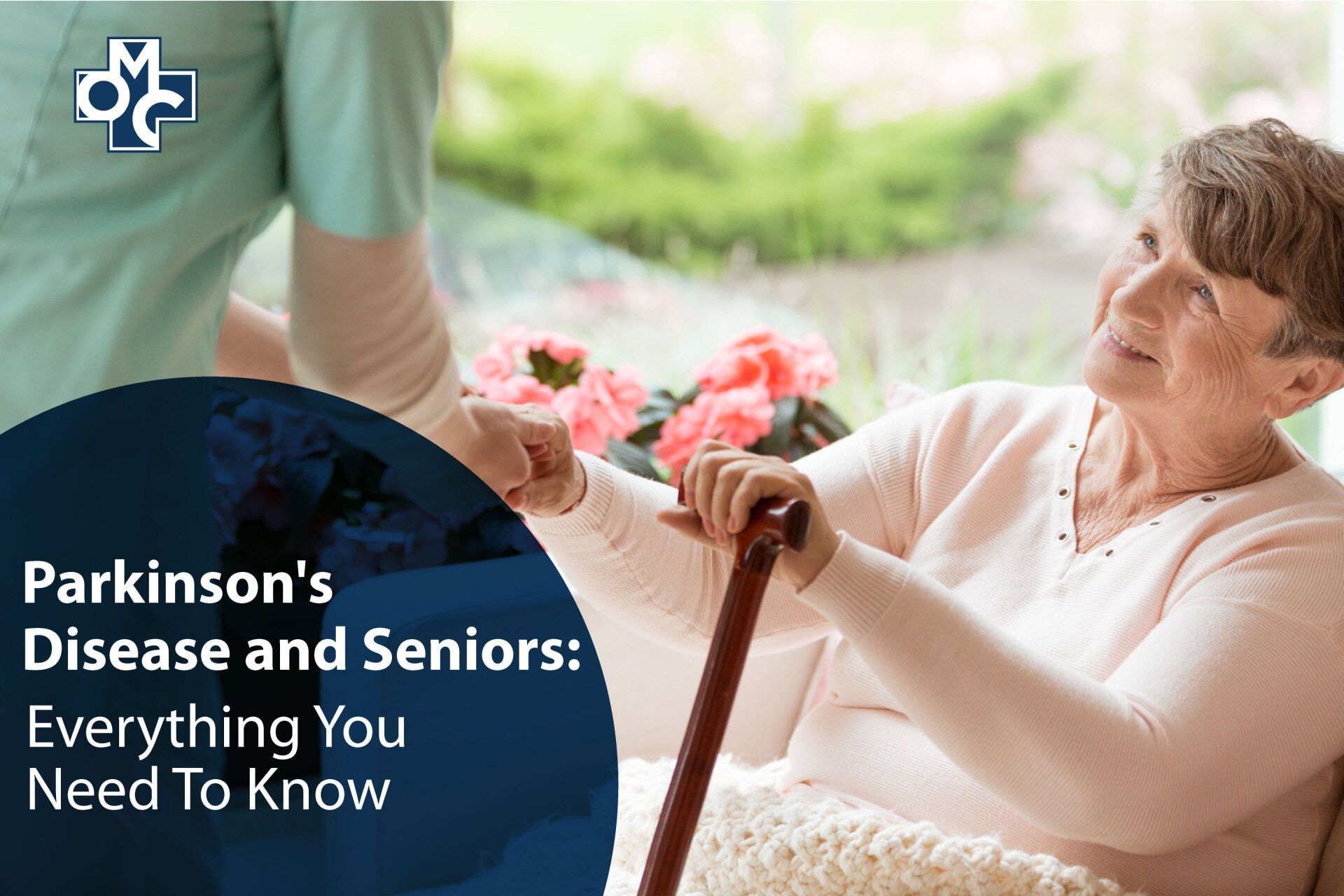
After Alzheimer's disease, Parkinson's disease is the subsequent most common neurodegenerative disorder that affects the elderly. Around two million Americans are suffering from the condition in the United States alone.
This article examines Parkinson's disease, signs of Parkinson's in the elderly, and managing it.
Overview of Parkinson's Disease
Parkinson's disease is a disorder seen in the elderly affecting the brain's ability to control body movements. It is a progressive disease that may get worse in time. However, not everyone will experience the same intensity of symptoms. There are some cases where there are no severe complications.
Presently, there is no cure for Parkinson's, but there are medications that may improve the quality of life for those who have this disease.
How Common is Parkinson's Disease
Almost one million Americans are living with Parkinson's disease. These numbers will increase to 1.2 million by the year 2030.
Parkinson's disease is prevalent in the elderly. As people get older, the body becomes damaged over time. The neurons that produce dopamine die as the person gets older. Over time, this causes symptoms of Parkinson's to appear later on in life.
Causes of Parkinson's Disease
There is no known cause of Parkinson's disease. Studies show that genetic risks may play a role in why people develop the disease.
Studies also suggest that
environmental factors like exposure to certain chemicals may increase the risk.
Symptoms of Parkinson's in the Elderly
On the early onset of Parkinson's disease, you may observe that your motor movements are affected. But aside from actions, other non-motor abilities are also affected. The symptoms usually are mild but may worsen. Later on, daily activities like eating may also be problematic.
Motor Symptoms
Not all people exhibit the same symptoms. In the early onset of Parkinson's, only one part of the body is visibly affected. The other side of the body will eventually experience the same symptoms as the disease progresses. However, the symptoms will be milder than the first side of the initially affected body.
Tremor
Tremors are the first thing observed in people with Parkinson's disease. At first, the symptoms are mild and may not even be noticeable. These tremors, often called pill-rolling tremors, are often seen in the hands first. The tremors may spread to the other side of the body though they could be milder.
The shaking is still present even when the muscle is resting. It will go away when the muscles are deliberately moved, like writing or eating.
Rigidity
Stiffness of the muscles often affects the torso, legs, and arms. The rigidity often results in discomfort, and mobility issues arise. The elderly may have a limited range of motion. For some, the ability to extend their arms is affected.
Postural Instability
One of the signs of Parkinson's in the elderly is postural instability. The brain helps our body to stay balanced. However, with Parkinson's, that ability fails. Adults who have the disease tend to sway forward or backward. Later on, the need to have assistance when walking or sitting in a wheelchair is needed to move around.
Other Motor Symptoms
- Swallowing problems
- Changes in vision
- Speech Problems
- Hypomimia or the loss of facial expression
Non-Motor Symptoms
This disease can also cause some non-motor-related symptoms. These symptoms are related to any movements and may bring discomfort.
Changes in Thinking and Memory
Around 40% of people with Parkinson's have decision-making problems and memory problems. The severity of these may depend on each person. Some who have the disease may also suffer from hallucinations, and they think that someone would like to cause them harm.
Mood Changes
People with Parkinson's feel mood changes like irritability, anxiety, or depression. The loss of ability to have emotions or apathy is present for some patients.
Problems with Sleeping
The ability to sleep and stay sleeping is hard for those who have this condition due to an uncomfortable feeling or urge to urinate frequently.
However, they may have daytime sleep attacks during the day.
Pain
People with Parkinson's disease feel pain in different parts of the body. The pain in the body gives a tingling, stabbing, or burning sensation.
Treatment
There is no known cure today for Parkinson's disease. However, several treatments allow the management of motor and non-motor-related symptoms. Most of these treatments aim to increase dopamine levels in the body. At present, the most common treatment is Carbidopa. Carbidopa increases the levodopa, which later changes to dopamine in the body.
Some possible treatments for Parkinson's disease are:
- COMT inhibitors
- Dopamine agents
- MAO-B inhibitors
Managed Parkinson’s Disease More Effectively with Ocana Medical Care
One of the essential elements of managing Parkinson's disease is preventing pitfalls. It is necessary to discuss with your doctor to find the best drug combination to lessen the risk of falls and injury.
Ensure that your home is also hazard-free. Floors should be clutter-free and clean to avoid harm.
Physical therapy may also likewise help with mobility problems. Ask your doctor about physical therapy and how this may help you.
Ocana Medical Care, located in Tampa, FL, aims to bring you as much information as possible to keep you healthy. We're in this together. #ocanacares
“Respect. Compassion. Quality. Integrity. These are the values on which Ocana Medical Center was built. Our aim isn’t just to treat you today. We hope to earn your trust and be your healthcare provider for life.”
©2023 Ocana Medical Group, Inc.
USEFUL LINKS
GET IN TOUCH
Call Us Today
Send us Email
Our Location
Ocana Medical Center | All Rights Reserved.



